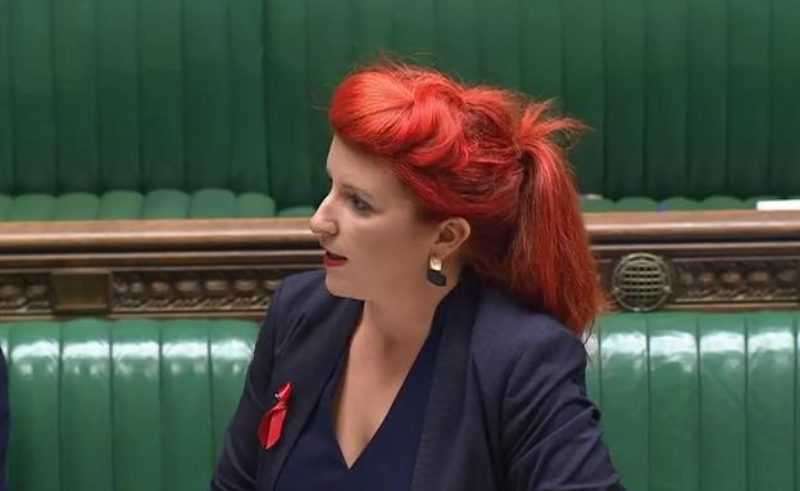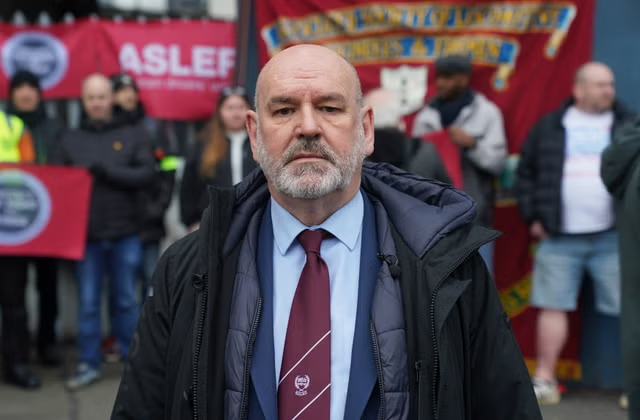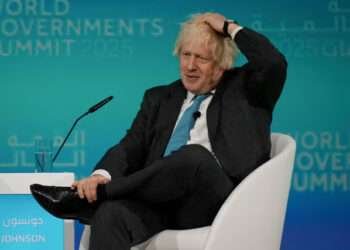The train drivers’ union may return to the negotiating table within six months, despite Labour’s recent pay offer aimed at halting strikes.
Mick Whelan, General Secretary of the Associated Society of Locomotive Engineers and Firemen (Aslef), expressed confidence that train drivers would accept the new proposal, potentially bringing an end to years of industrial action.
However, Whelan hinted that the union might return to demand further pay increases in the near future.
When asked about the likelihood of train drivers accepting Labour’s pay deal, Whelan stated, “I believe this will go through.” Yet, when pressed on how long the deal might satisfy union members or when they might seek additional pay, he clarified, “We won’t go back to the table with anybody for at least six to eight months.”
The offer, which is now up for a vote among Aslef members, includes three pay raises that would cover wage adjustments from 2019 through 2025.
For an average train driver, this agreement would see salaries rise from £60,000 to £69,000, with an immediate £6,000 payment in backdated wages.
Whelan described the deal as a response to years of what he termed “utter contempt” from privatized train companies and the previous Conservative government.
He credited the Labour administration for engaging in genuine negotiations, noting, “We finally have a new government that listens and wants to make the railway work for staff, passengers, and the taxpayer.”
Despite the progress made, Whelan emphasized that the agreement does not address the broader cost-of-living issues that have affected workers over the past five years.
He acknowledged that while the current deal resolves some past grievances, ongoing concerns about pay and working conditions remain unaddressed.
The dispute, which began in July 2021, involves 14 major rail firms in England, all under the control of the Department for Transport (DfT).
These include companies such as South Western Railway, Govia Thameslink, and Avanti West Coast. Since the onset of the pandemic, rail revenue has significantly declined, leading to taxpayer subsidies for the industry.
The Conservative Party had previously tied any pay increases to reforms in working practices.
Labour’s Strike Deal Faces Conservative Criticism
Labour’s Transport Secretary, Louise Haigh, hailed the potential resolution, stating, “When I took this job, I said I wanted to move fast and fix things – starting by bringing an end to rail strikes.”
“The Conservatives were happy to see the taxpayer pay the price as strikes dragged on and on, and passengers suffered. This Labour government is doing the right thing and putting passengers first.”
Louise Haigh

However, the Conservative Party has criticized Labour’s approach, accusing them of capitulating to union demands.
Helen Whately, the Shadow Transport Secretary, argued, “A ‘no strings’ deal means this will be paid for by passengers and taxpayers. Ditching working practice reforms leaves a hole in the finances that can only be filled by higher fares or higher taxes.”
As such, as the deal awaits approval from Aslef members, the situation remains fluid, with the potential for renewed negotiations in the coming months.
Labour’s handling of the situation may have staved off immediate industrial action, but the long-term resolution of pay and working conditions within the rail industry is far from certain.
READ ALSO: Sammy Gyamfi Attributes Mismanagement to Ghana’s Economic Crisis





















